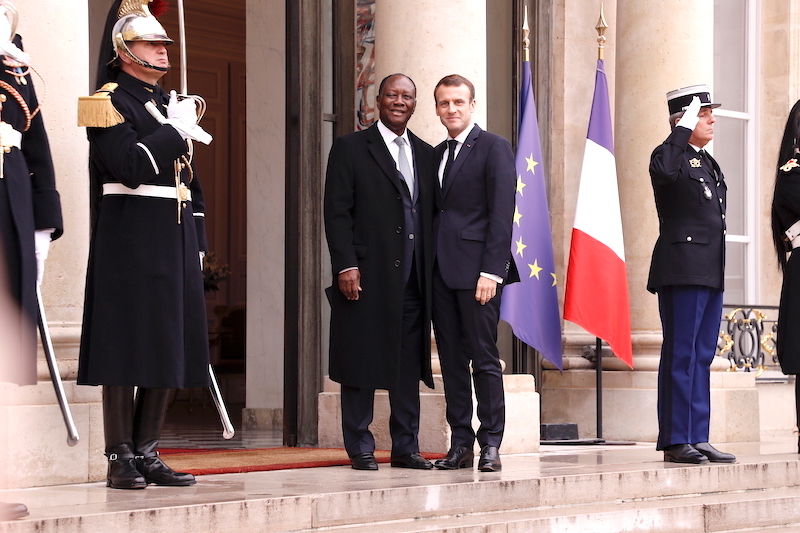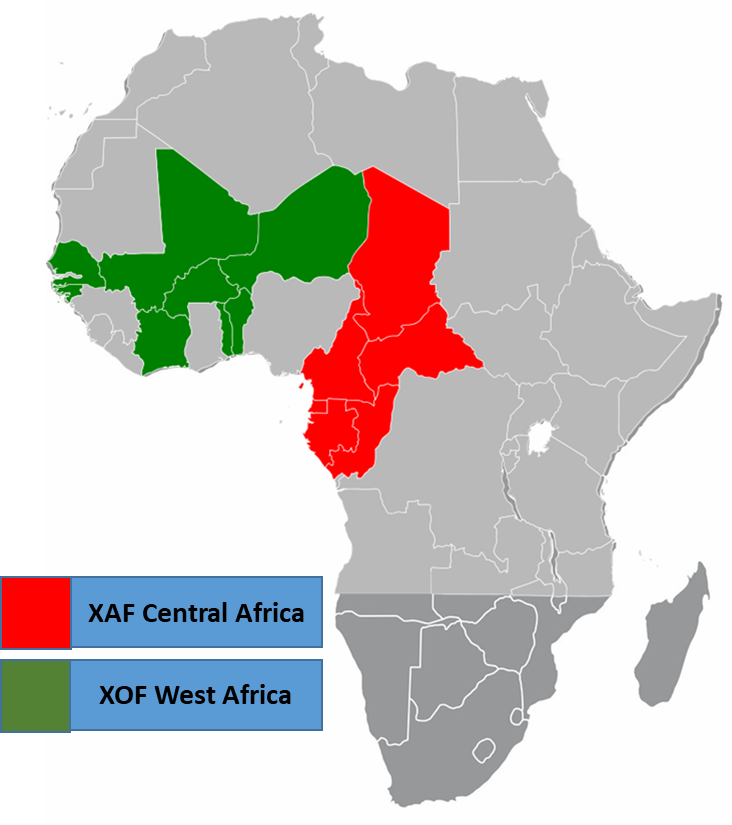ECOWAS: ECO of silence on the West African single currency
Amadou Diallo Kone, Abidjan, Cote d'Ivoire
November 01, 2023
On April 2nd, 2019, in Abuja Nigeria, the ECOWAS agreed to adopt a single currency called ‟ECO”, with EC as the symbol. The Authority also adopted a Federal Model of Central Banking around the future “Central Bank of West Africa”. Member States opted for a flexible exchange rate regime and for an inflation-targeting monetary policy framework the. In joining the single currency, member states must comply with convergence criteria under ECOWAS rules. These include a budget deficit under 3 percent of GDP, a public debt ratio of less than 70 percent of GDP and an annual inflation rate below 10 percent. Candidates also need a minimum of three months of import cover. Countries that meet the terms will start using the ECO, while those that do not achieve the metrics will wait until they fulfill entry conditions.
ECOWAS announced the landmark launch for 2020 with excitement and expectations. But chaos broke loose after a meeting between President Emmanuel Macron of and President Alassane Ouattara of Cote d’Ivoire. In an official statement, President Ouattara announced that the CFA, a sub-regional single currency used by 14 French speaking African countries, will be renamed the “ECO”. The announcement caused confusion and suspicions. Did that mean that there will be two currencies with the same name or that non-CFA countries were rolling into the “new CFA” currency? Did President Ouattara consult his peers before making the announcement? Was France involved in the ECOWAS super currency project?

Source: Presidence de la Republique, RCI, 2024
The answer to these questions came from a joint statement from Guinea Bisau and the English-speaking countries within the ECOWAS block, which are Nigeria, Gambia, Ghana, Liberia, and Sierra Leone. The six countries rejected President Ouattara’s ‟unilateral decision to rename the CFA as the ECO”.
The ECOWAS economic zone has 15 countries and seven currencies. Within the group, eight French-speaking countries and one Portuguese speaking country (Guinea Bisau) use a single currency called the CFA. French-speaking countries inherited the CFA Franc from France after independence in the 1960s. Guinea Bisau, which has French speaking neighbors, joined the CFA for convenience in 1999.
The CFA franc is a legacy of French colonial presence in Sub-Saharan Africa, which has survived after independence in the 1960s. Nine countries in West Africa used the CFA franc (which stands for ‟Communauté Financière Africaine”, i.e. ‟African Financial Community” in English). Accross Central Africa, six countries used the same currency, albeit with an inconsequential change in definitions and semantics. In this region, the ‟CFA” stands for ‟Coopération Financière en Afrique Centrale”, i.e. ‟Financial Cooperation in Central Africa”, in English. In foreign exchange platforms or markets, the two currencies used the designation XOF (West Africa) and XAF (Central Africa). The two CFA franc currencies are interchangeable.

Source: Wikipedia
Despite independence, the CFA maintained idiosyncratic monetary management arrangements with France. For example, the CFA countries have to keep a part of their forex exchange reserves at the Banque de France. The French central bank manages these reserves on behalf of CFA countries. Second, the Banque de France supervises access to the Euro. Also, while CFA countries accept the Euro as a legal currency payment and bank deposit, the CFA Francs is not a legal currency for payment or deposit in France. In addition, the CFA has to be converted into Euro before it enters France. Finally, the CFA is pegged to the Euro at a fixed rate. This rate cannot change without French agreement. To coordinate the monetary policy, French monetary experts have decision powers within the central banks of the two regions.
Unlike the CFA bloc within the ECOWAS, English-speaking countries manage their own reserves and have floating exchange rate systems. Philosophically, English-speaking countries see their currencies as expressions of their independence and national sovereignty. Conversely, they perceive any involvement of France in the “ECO” project as an unacceptable relic of neo-colonialism.
In France and Francophone countries also, vociferous opponents to French involvement in the CFA argue that the currency benefits France while impoverishing West and Central African countries. In online and social media, conspiracy theories also abound, saying that President Ouattara unexpected announcement could have been an attempt by France to sabotage the ECOWAS single currency project or to extend its economic influence over the entire region. But supporters of the CFA say that the peg to the Euro and the guarantee of the Banque de France offer economic advantages. They explain that the arrangement has contains currency volatility while keeping inflation low.
Since President Ouattara’s announcement, ECOWAS authorities have allayed fears and suspicions, in order to maintain the project on tract. In June 2022, during the ECOWAS summit in Accra, Ghana, the Commission’s President Jean-Claude Kassi Brou pushed the launch of the single currency to 2027. Brou said that the outbreak of the COVID-19 had delayed the launch. On December 3rd-4, 2021, Brou added that the decision to delay the launch of the currency came after careful analysis of the convergence profile of the member states. Candidates were not ready and needed more time, the Commission said in a press release.
Since the announcement of the new launch date, Ghana and Nigeria have expressed continued commitment. But they maintain a consistent preference for a floating exchange rate model under a new regional independent central bank. ECOWAS also announced a new roadmap for the single currency.
Related Articles
